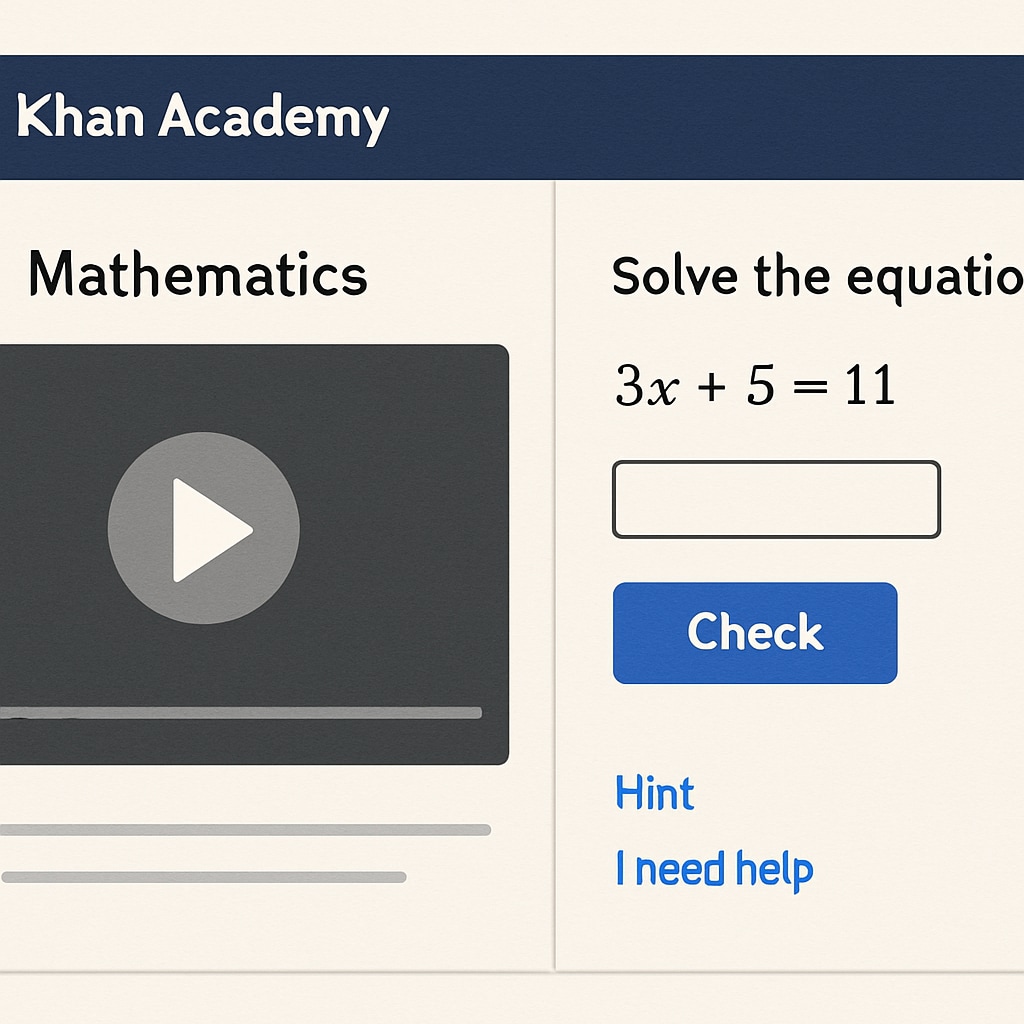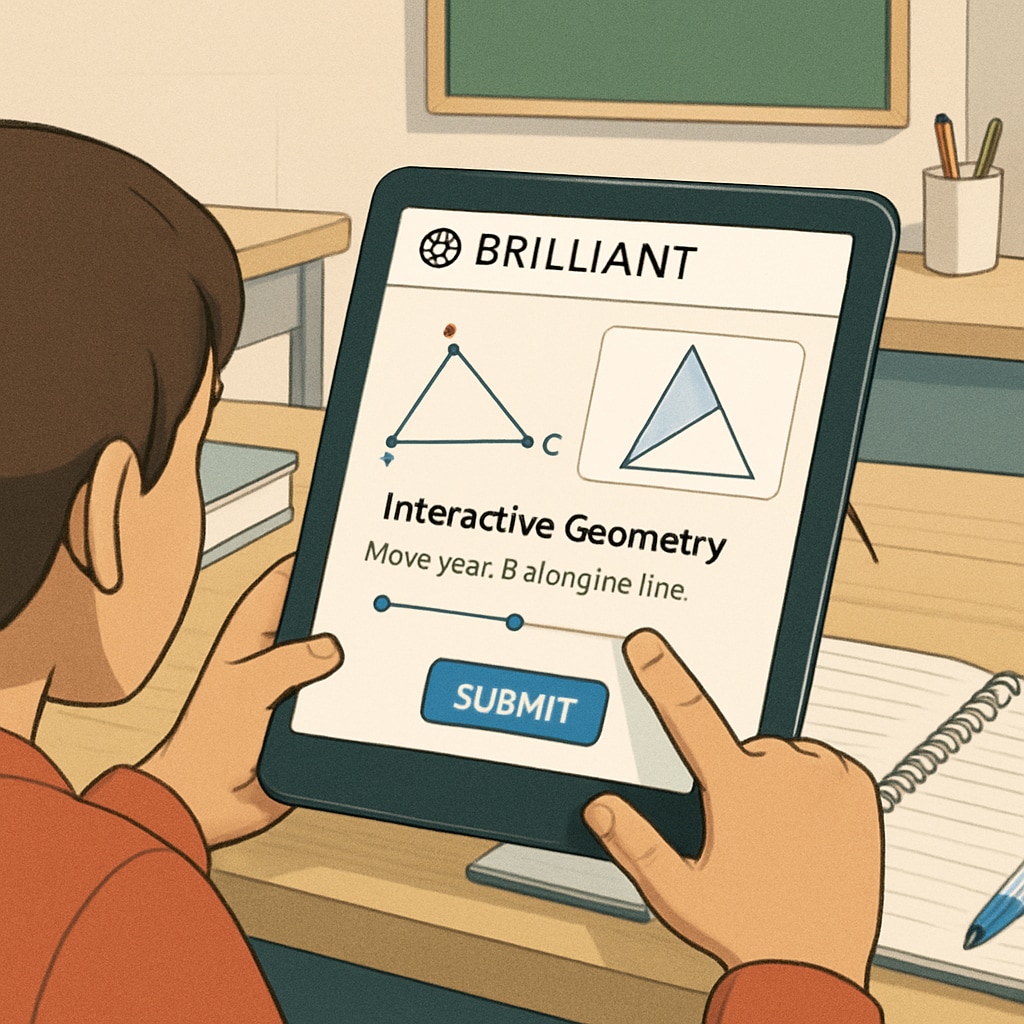Returning to education after 30 years can feel both exciting and daunting. For adults stepping back into academia, rebuilding foundational skills in mathematics and science is often a top priority. Fortunately, there’s a wealth of learning resources designed to make this process smoother, especially for visual learners. This article highlights some of the best tools and strategies to help returning students regain confidence and thrive in their academic pursuits.
Why Visual Learning Resources Matter
Visual learning resources play a crucial role in simplifying complex concepts, particularly in mathematics and science. These tools cater to learners who process information best through images, diagrams, or videos. For example, platforms like Khan Academy offer free video tutorials that break down topics ranging from algebra to physics in an engaging and accessible way. Similarly, YouTube channels like 3Blue1Brown use stunning visualizations to explain abstract mathematical ideas.

Top Learning Resources for Returning Students
Adults returning to education often benefit most from structured, user-friendly resources. Here are some highly recommended tools:
- Khan Academy: A free platform that covers a wide range of subjects, including math and science, with interactive exercises and progress tracking.
- Brilliant.org: Ideal for problem-solving enthusiasts, this platform focuses on interactive learning in topics like calculus, geometry, and logic.
- CK-12 Foundation: A resource that offers customizable textbooks with interactive elements, making it perfect for self-paced study.
- Coursera and edX: Both platforms host university-level courses from top institutions, allowing learners to explore advanced scientific topics at their own pace.
In addition to these tools, using apps like Photomath can help with solving equations step-by-step, while Wolfram Alpha provides detailed explanations for a variety of mathematical queries.

Practical Tips to Ease Your Transition
Returning to academic life requires not only great resources but also effective strategies. Here are three practical tips to help you succeed:
- Set Realistic Goals: Break your learning into manageable chunks. Instead of aiming to master calculus in a week, focus on one concept at a time.
- Create a Dedicated Study Space: A distraction-free environment can significantly boost focus and retention.
- Join a Community: Engaging with online forums like Reddit’s r/learnmath or finding study groups can provide motivation and support.
Additionally, don’t hesitate to revisit high school-level materials if needed. Rebuilding foundational knowledge is a critical step toward mastering advanced topics.
Building Confidence Through Consistency
One of the biggest challenges for adults returning to education is overcoming self-doubt. Consistency is key. Dedicate a specific amount of time each day to studying, even if it’s just 20 or 30 minutes. Over time, this habit will not only improve your skills but also rebuild your confidence. Remember, progress is more important than perfection.
Lastly, celebrate small victories. Whether it’s solving a challenging equation or understanding a new concept, acknowledging your achievements will keep you motivated on this journey.
In conclusion: With the right learning resources and strategies, returning to education after 30 years can be a rewarding experience. Tools like Khan Academy, Brilliant.org, and CK-12, combined with a proactive mindset, can make the transition smoother and more enjoyable. Embrace the process, and trust in your ability to succeed.


